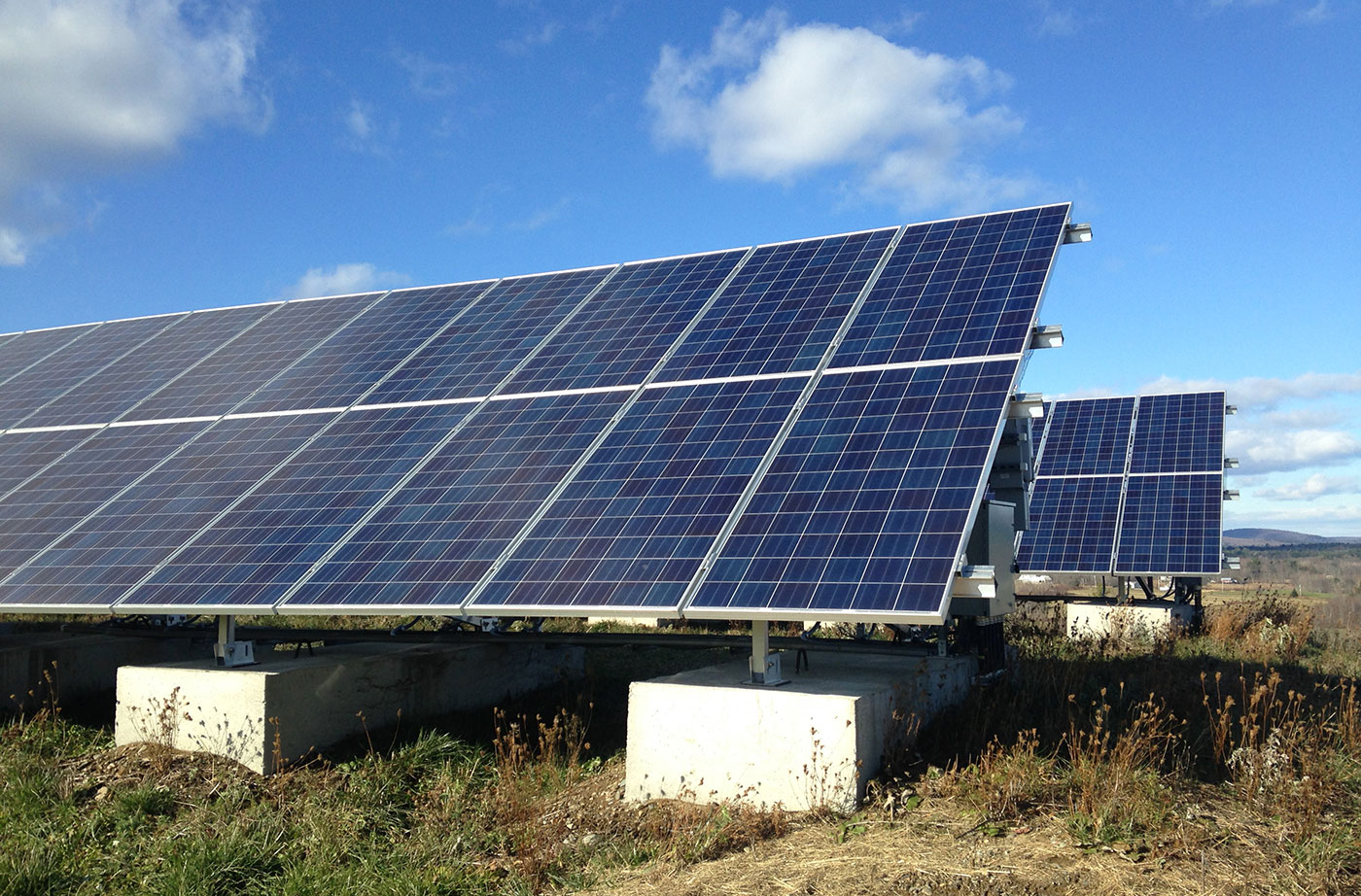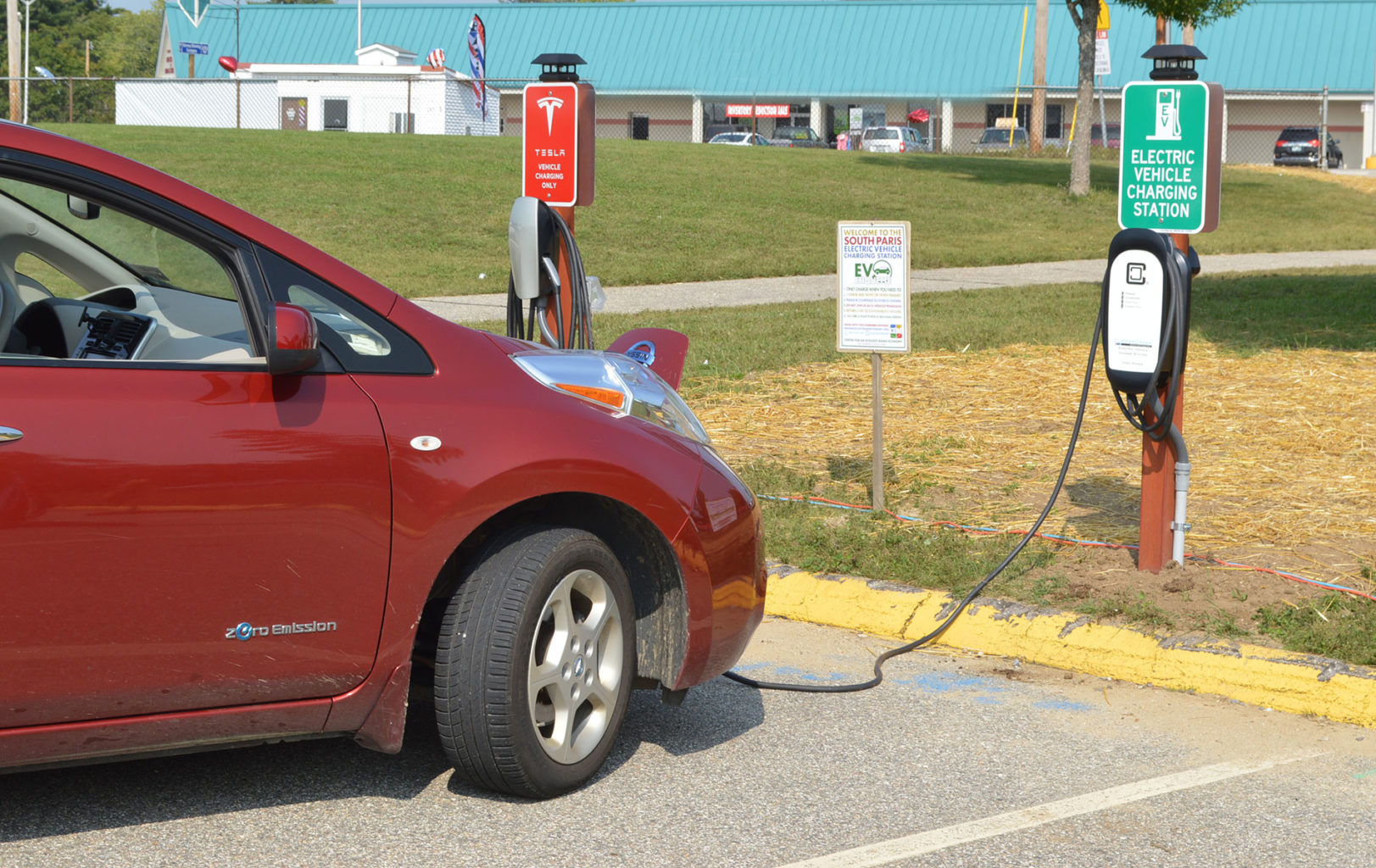The legislative session is underway in Augusta, with continuing bipartisan support for action on clean energy and climate change. We are finally poised to make important strides on policies that reduce pollution; lower energy costs; and create a stronger, more sustainable economy for all Mainers. To do so, Maine people will need to stay engaged with their lawmakers, making sure they understand why—and how much—these issues matter.
The Natural Resources Council of Maine (NRCM) has been busy working with Mainers across the state to tackle climate change and prepare for the threats it poses to our environment, economy, and public health.
Here’s how we’re looking to advance our ambitious climate and clean energy agenda in 2019:
By Embracing Clean Energy that Benefits All Mainers
This year, we will advance policies that grow the economy and reduce carbon pollution by accelerating the development of home-grown renewable energy. This includes policy to:
- Eliminate arbitrary and unfair barriers created by the LePage Administration that have been limiting growth in clean energy, such as gross metering, the fee utilities like CMP are charging on solar energy that people are making and using in their own homes and businesses.
- Expand opportunities for towns and businesses to build medium- and large-scale solar installations, and dramatically increase community solar, including by lifting the cap on the number of participants. These will increase the amount of solar in the state (we are still in last place in New England) and substantially increase access to solar for all Mainers.
- Accelerate the transition from fossil fuels to clean energy by updating and strengthening Maine’s Renewable Portfolio Standard so that 80% of the power we consume comes from renewable sources by 2030 (up from 40-50% currently).
- Improve energy efficiency programs that allow people to take advantage of affordable, cost-effective solutions like heat pumps.

By Setting a Road Map for How to Reduce Carbon Pollution, and Building in Accountability (Hearing on March 13th at 10:00 a.m.)
Scientists on the Intergovernmental Panel on Climate Change (IPCC) made it clear that we must cut harmful carbon pollution nearly in half by 2030 to avert even greater disruptions than we are already experiencing. NRCM is strongly supporting legislation that limits climate change pollution over the long-term to levels consistent with the IPCC and develops an updated Climate Action Plan for how to do so in a way that will benefit Maine. This includes:
- Building on existing laws passed in 2005, by setting a pollution limit of at least 80% below the 1990 levels by 2050, with interim targets for 2030 and 2040.
- Directing the Department of Environmental Protection and other agencies to use an inclusive stakeholder process to create a strong action plan.
- Establishing a new goal of “net zero” emissions by 2050, if not sooner, by capitalizing both on clean energy technology and natural carbon solutions to that can benefit our farms and forests.
A hearing for the bill that would accomplish these things, LD 797, has been scheduled for Wednesday, March 13, 2019 at 10:00 a.m. in Room 216 of the Cross Building in Augusta. We hope you’ll come testify about the importance of climate action and support this bill!
By Advancing Solutions to Address Maine’s Largest Source of Carbon Pollution—Cars and Trucks
We will address emissions from the transportation sector, the largest, costliest, and fastest-growing source of carbon pollution by advocating for policies which would:
- Have Maine re-join cooperative regional efforts to tackle climate change, including the new agreement by Northeast states, the Transportation Climate Initiative. This initiative aims to curb pollution from cars and trucks by building on the success of the Regional Greenhouse Gas Initiative (RGGI) for power plants.
- Expand electric vehicle charging station locations so they are more widely available, facilitate the purchase of electric cars, trucks and busses, and develop an EV Action Plan to help Maine benefit as much as possible from the transition to electric vehicles.
- Direct agencies to better plan for our transportation future, including by planning for certain effects of climate change (like greater flooding) and for managing our transportation system that is less dependent on gasoline.

It is also increasingly clear that the Maine Legislature will play some role in the CMP transmission corridor, in addition to the permits CMP is still requesting from the Department of Environmental Protection and the Public Utilities Commission. The first of those bills pertaining to the corridor, LD 640, has been printed, and would require an independent analysis of the supposed greenhouse gas reductions that CMP is claiming this project will have. We are waiting on other bills in addition to this one.
NRCM opposes CMP’s transmission line project, because there’s no evidence that it will help address climate change, and there is evidence suggesting that the project wouldn’t do anything to address climate change. Furthermore, the project would cut 53 miles of new transmission line through undeveloped forests in Maine’s North Woods, fragmenting the world’s largest temperate forest. It also would jeopardize brook trout and clean in-state renewable energy development.
While the state house has started to print bills, many we anticipate working on have not been printed yet. After they have been, and hearing dates have been scheduled, you’ll be the first to know. You can stay tuned for this information by signing up for NRCM’s Action Network, if you are not already.
If you have questions, please don’t hesitate to reach out. We look forward to continuing to work with you to pass clean energy and climate policy for Maine.
—NRCM Climate and Energy Team










Keep it up. I believe the new governor is being seriously misled. Thank you as always, Jock
In Wilton, we are having a town meeting next week. One of the issues being discussed is the corridor. Originally the town was in favor, but has reconsidered the position and it will be put out to a vote. In a widely read local online newspaper, comments indicate that many people are under the impression that Gov. Mills has already made a deal to go forward with the corridor. If possible, could you supply facts pertaining to this point? If someone could attend the meeting that would be great!
Thanks for your post, Nancy. It’s still critical for citizens like you to share your concerns about CMP’s proposal with Wilton town officials to make your voices heard! While Governor Mills said she supports the settlement, she does not have direct decision-making authority over whether this line is permitted. (Check out our statement on why this settlement deal and this project is still a bad deal for Maine: https://www.nrcm.org/maine-environmental-news/cmp-settlement-less-than-meets-eye-opposition-corridor-continues-grow/.)
In addition to a decision yet to be made by the Public Utilities Commission, the transmission line still faces the Department of Environmental Protection and Land Use Planning Commission permitting process and public comment periods. There are also several important bills pending in the Legislature that would affect the project.
We’re glad to hear the town of Wilton is reconsidering their position, and we encourage Wilton residents to turn out and vote against the CMP transmission line.